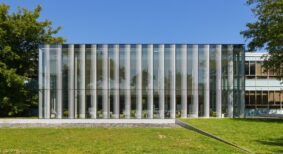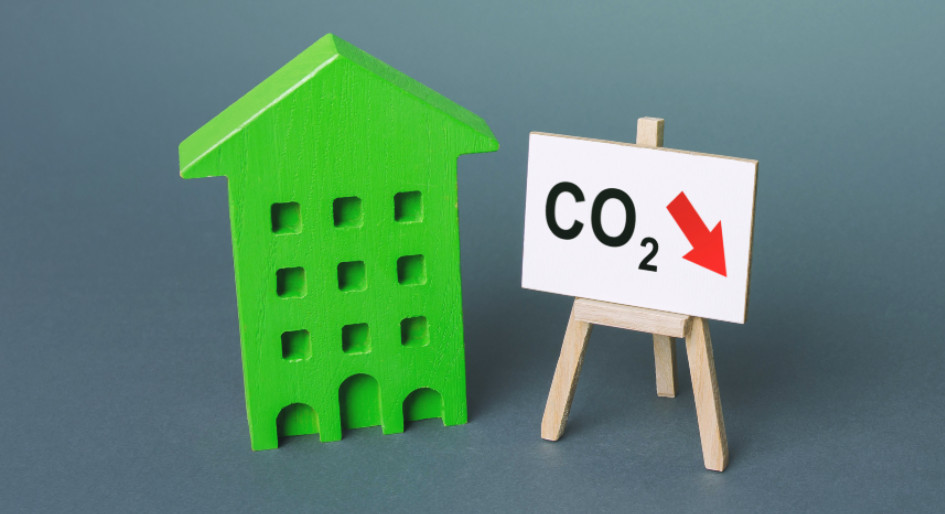Private multifamily buildings make up the largest share of projects set to demonstrate decarbonization technologies and procedures through Toronto’s deep retrofit challenge. The newly announced slate of participants in pursuit of at least a 50 per cent reduction in greenhouse gas (GHG) emissions and energy-use intensity includes six multifamily buildings of varying heights and vintages and two heritage office buildings.
The deep retrofit challenge is underwritten with $5 million from Natural Resources Canada’s acceleration fund for energy-efficient buildings and aligns with Toronto’s goals for citywide net-zero emissions by 2040. Project proponents are eligible for grants of $18.58 per square foot ($200 per square metre) or 25 per cent of capital costs, whichever is the lower value, to a maximum of $500,000.
In turn, they are expected to conduct a comprehensive whole-building analysis to determine the best mix of retrofit measures to achieve the targeted reductions with a payback of no more than 20 years. They must also: have a separate plan to minimize embodied carbon related to the retrofit; complete the work by January 31, 2025; and report the process in a format that can serve as guidance for deep retrofits in similar types of buildings in Toronto and throughout Canada.
“Through the deep retrofit challenge, we are accelerating emissions reductions and creating pathways for other buildings to follow,” says Toronto’s Deputy Mayor, Jennifer McKelvie. “Reducing emissions from buildings across Toronto is a critical piece of the City’s TransformTO net zero strategy and something we must do quickly to address the climate crisis.”
The eight projects were chosen from 14 applications submitted last fall, and all have stated savings objectives that surpass the program’s minimum thresholds. The buildings range from 9,300 to 210,000 square feet and were built from 20 to 141 years ago.
The University of Toronto brings the oldest candidate — a circa 1882 two-storey office building at 88 College Street — and Toronto Community Housing is seeking emissions and energy-use reductions at a low-rise 175-unit subsidized housing complex in Willowdale. All other participants are private sector landlords.
Among them is Dream Unlimited, which is also pursuing deep retrofits in 19 buildings through a separate project with funding from Canada Infrastructure Bank’s building retrofits initiative. Dream’s smaller complement of three buildings in Toronto’s deep retrofit challenge includes: a 95-year-old, 13-storey art deco office tower at 350 Bay Street; and 100+-year-old low-rise and 60-year-old midrise multifamily buildings in the Annex neighbourhood.
At the youthful end of the scale, Minto’s 18-storey, 181-unit multifamily tower at 61 Yorkville Avenue was built in 2003. It’s the largest of the deep retrofit candidates, at 210,000 square feet, and is in pursuit of an 82 per cent reduction in GHG emissions along with a 51 per cent moderation of energy-use intensity.
All project proponents have agreed to disclose a minimum of five years of post-retrofit utility data and other design and project cost details that the City of Toronto may want to communicate to the public. As well, rental housing operators must subtract the incentive funding they receive from any capital costs they submit in seeking above-guideline rent increases.







